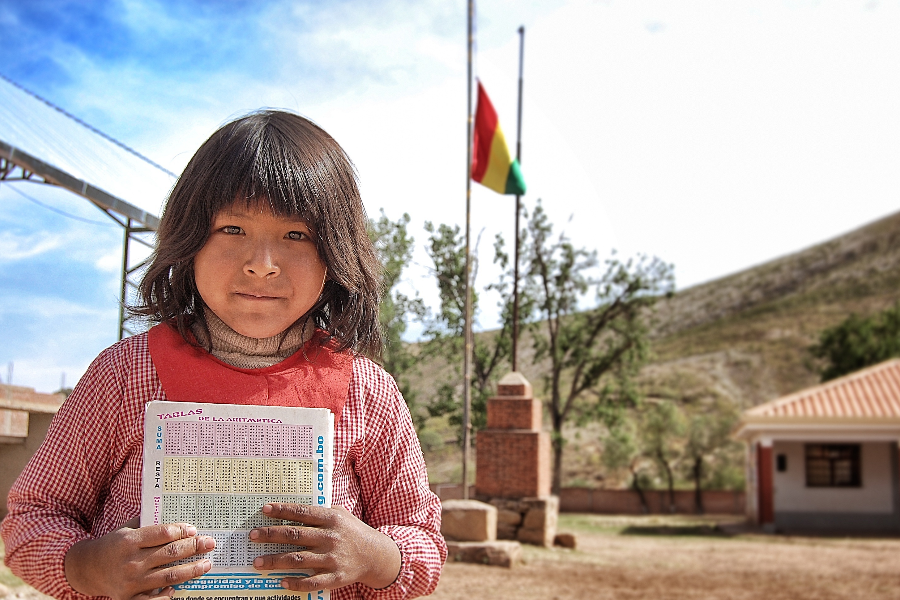RIO DE JANEIRO, BRAZIL – In Bolivia, more than two million young city dwellers will experience the start of the school year in front of a screen at home. According to UNESCO data, Bolivia is the second country globally that has closed its schools for the longest time: 42 weeks in total, behind only Uganda.
PROBLEMATIC INTERNET ACCESS
It is an educational disaster, laments Jesús Sevilla Senvicens of the Entreculturas Foundation: “You see that everyone starts with face-to-face education and here they continue with virtual education… I think it has not been a success because, in the end, the right to education has been violated. It is impossible to maintain virtual education in rural contexts because, in the highlands, there is no Internet in the jungle,” he explains.
Read also: Check out our coverage on Bolivia
According to a study by the Economic Commission for Latin America and the Caribbean (ECLAC), just under half of the Bolivian households with school-age children have access to an electronic device other than a smartphone.

EVERYTHING BUT SCHOOLS
It is the fourth wave of Covid-19, which would justify closing schools. But shopping malls, movie theaters, public transportation, all these sectors operate almost normally. Something that Lina Beltrán, from UNICEF La Paz, cannot understand: “Schools should be the last to close and the first to open. It is not easy to understand that absolutely everything, everything, everything is open, except schools!”
In Bolivia, an estimated 10-20% of students are estimated to have dropped out of school due to pandemic measures. According to another recent UNICEF study, eight out of 10 young Bolivians suffer from the climate generated by the pandemic and feel that it affects their education and, therefore, their future lives.

